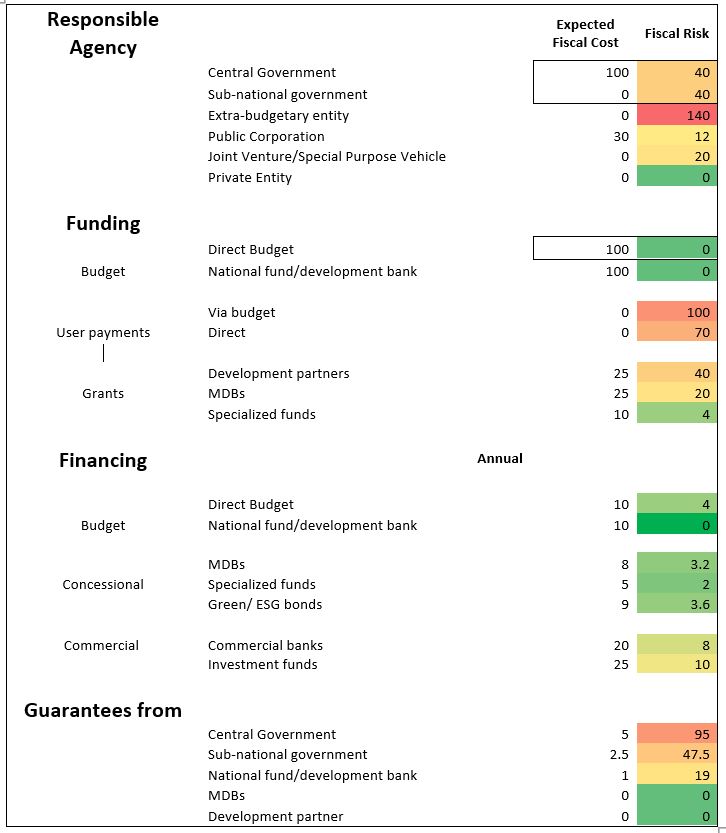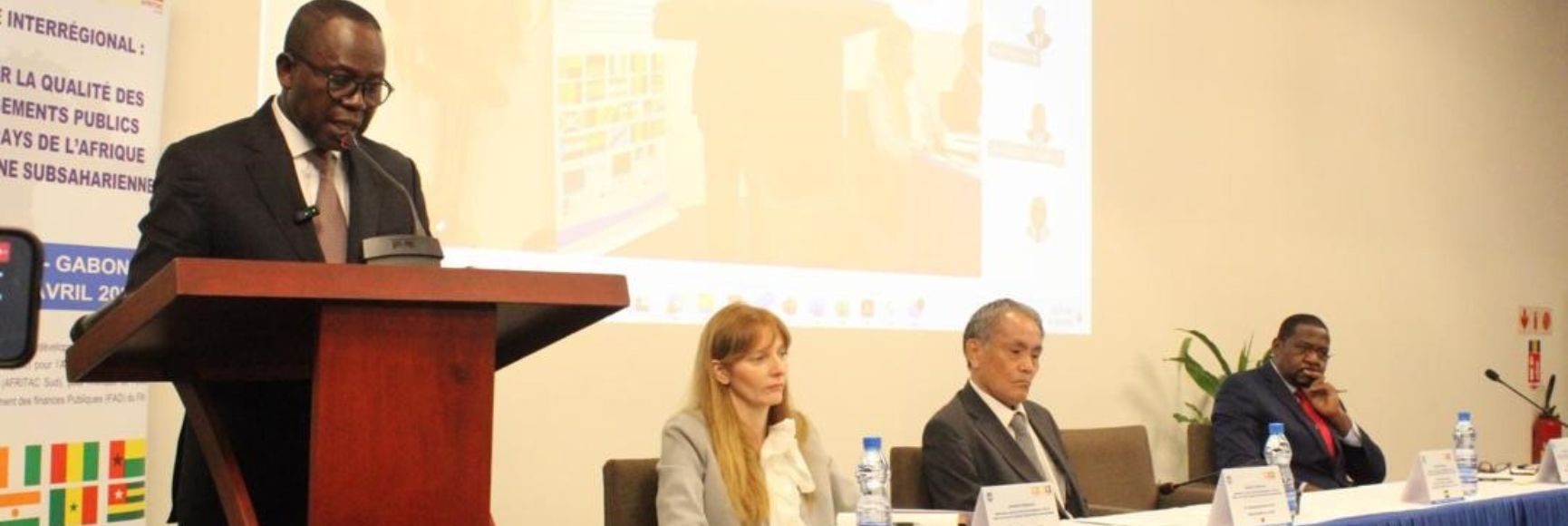In October 2022, the IMF’s Fiscal Affairs Department and its Capacity Development Office in Thailand (CDOT), together with the Indonesian Ministry of Finance, organized a workshop on fiscal risks related to public investment by public corporations. The workshop included 30 participants at the Ministry of Finance’s training facility in Bogor and around 100 online participants.
Indonesia has high ambitions for public investment in infrastructure. Many projects are implemented by public corporations at the national and sub-national government level. These companies have different options for funding and financing these investments, including commercial and concessional borrowing as well as government transfers. Some of them are dependent on explicit government guarantees. Decisions regarding funding, financing and guarantees for specific investments are complex, and require extensive information about revenues, costs, and risks over the lifecycle of each project.
The implementation of public investments through public corporations may therefore entail several fiscal risks which need to be clearly identified, monitored, and managed. These include risks related to the projects themselves, risks arising from weak public corporation oversight, risks from quasi-fiscal activities, and risks from the various guarantee mechanisms. The participants carried out a practical exercise to identify and estimate the fiscal costs and risks from different approaches to implementing infrastructure projects (see Chart below). The exercise was based on a specific example of a project and explored how different implementation modalities could entail different costs and risks to the central government.
Exercise – Contributions to Fiscal Risk

Participants also used the IMF’s SOE Health Check Tool to assess the profitability, stability, and liquidity of a selection of major Indonesian public corporations. The tool is easy to apply and provides various financial ratios that measure the financial health of the enterprise. The workshop helped the participants build their skills in assessing the companies’ performance. The new tool is a valuable addition to Indonesia’s existing process of project assessment which takes six factors into account - urgency, legal, fiscal, economic, social and environmental factors - as well as the financial performance of the companies.
Workshop participants discussed key fiscal risks involved in implementing public corporations’ investment projects and identified several options to further strengthen the management of these risks. They suggested additional development of the tools to quantify the fiscal risks arising from different factors - implementation vehicles, funding, financing and guarantees for public investment. The workshop was an excellent demonstration of how the IMF’s Fiscal Risks Toolkit can be tailored to a country’s specific needs through dialogue and brainstorming with national experts.
The IMF and the Ministry of Finance plan to have further discussions to sharpen risk identification tools and the formulation of risk mitigation strategies, as well as the public disclosure of these risks. These follow-up discussions will enable the Ministry of Finance to get a deeper understanding of options for funding and financing infrastructure projects in Indonesia; and improve the overall quality of the government’s public financial management.





